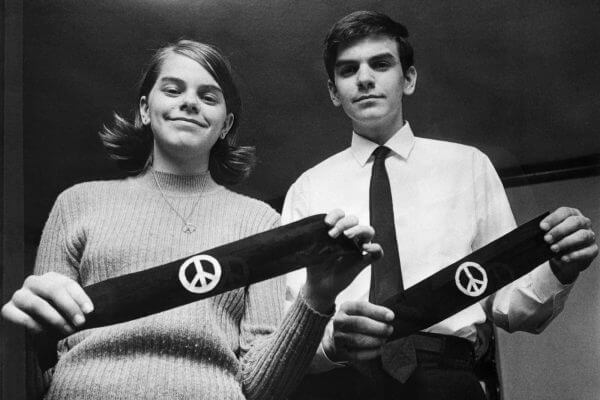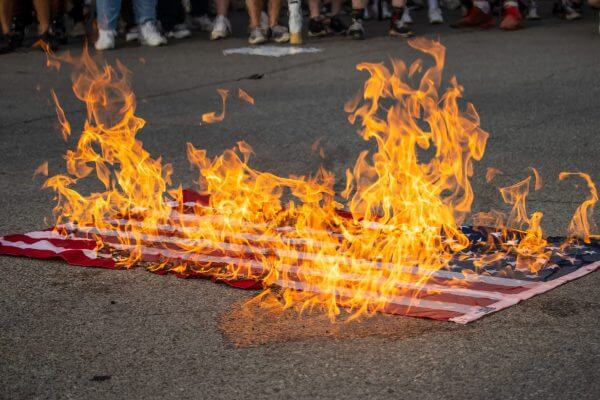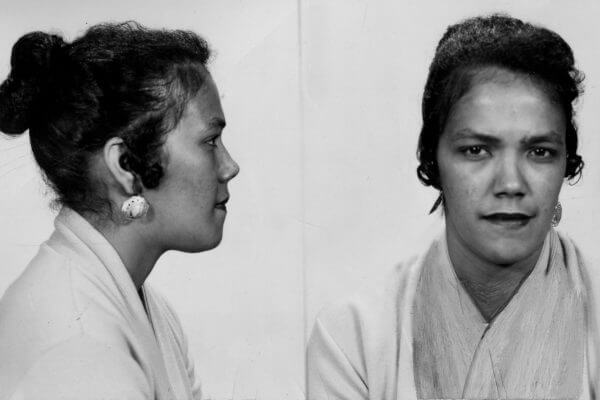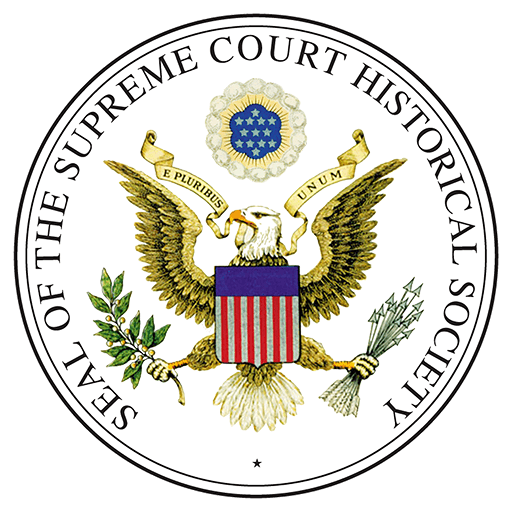
Engel v. Vitale (1962)
School-Sponsored Prayer is Unconstitutional
Students praying in a classroom in San Antonio, Texas, 1962.
Overview
The First Amendment to the Constitution protects the right to religious worship yet also shields Americans from the establishment of state-sponsored religion. Courts are often asked to decide tough cases when there is a conflict between the Free Exercise and Establishment Clauses of the First Amendment. The United States has a long history of infusing religion into its political practices. For instance, “In God We Trust” is printed on currency. Congress opens each session with a prayer. Before testifying in court, citizens typically pledge an oath to God that they will tell the truth. Traditionally, presidents are sworn in by placing their hand on a Bible. Congress employs a chaplain, and Supreme Court sessions are opened with the invocation “God save the United States and this Honorable Court.” Public schools are bedrock institutions of U.S. democracy, where the teaching of citizenship, rights, and freedoms are common. This is a case about whether public schools may also play a role in teaching faith to God through the daily recitation of a government-endorsed, teacher-led prayer.
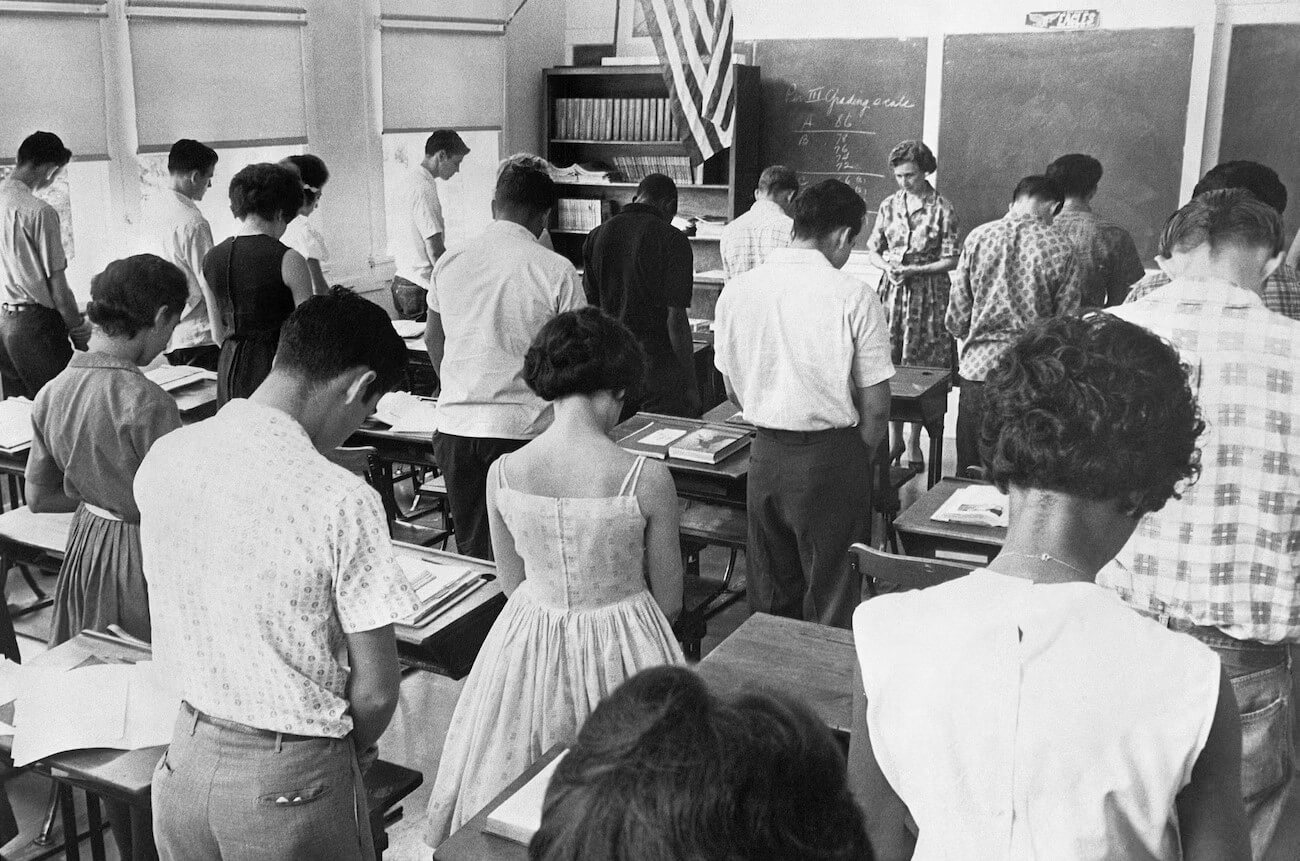
Students praying in a classroom in San Antonio, Texas, 1962.
"We think that, by using its public school system to encourage recitation of the Regents’ prayer, the State of New York has adopted a practice wholly inconsistent with the Establishment Clause. There can, of course, be no doubt that New York’s program of daily classroom invocation of God's blessings as prescribed in the Regents’ prayer is a religious activity."
- Justice Hugo Black, speaking for the majority
Learning About Engel v. Vitale
Students
This section is for students. Use the links below to download classroom-ready .PDFs of case resources and activities.
About the Case
Full Case Summaries
A thorough summary of case facts, issues, relevant constitutional provisions/statutes/precedents, arguments for each side, decision, and case impact.
Case Background and Vocabulary
Important background information and related vocabulary terms.
Learning Activities
Teachers
Use the links below to access:
- student versions of the activities in .PDF and Word formats
- how to differentiate and adapt the materials
- how to scaffold the activities
- how to extend the activities
- technology suggestions
- answers to select activities
(Learn more about Street Law's commitment and approach to a quality curriculum.)
About the Case
- Full Case Summaries: A summary of case facts, issues, relevant constitutional provisions/statutes/precedents, arguments for each side, decision, and impact. Available at high school and middle school levels.
- Case Background: Background information at three reading levels.
- Case Vocabulary: Important related vocabulary terms at two reading levels.
- Diagram of How the Case Moved Through the Court System
- Case Summary Graphic Organizer
- Case Summary Graphic Organizer - Fillable
- Decision: A summary of the decision and key excerpts from the opinion(s)
Learning Activities
Teacher Resources
Teaching Strategies Used
Planning Time and Activities
If you have ONE day...
- Read the background summary (•••, ••, •) and answer the questions.
- Complete the Classifying Arguments Activity. Discuss which arguments the students find most convincing.
- For homework, have students read the Key Excerpts from the Opinion and answer the questions. Follow up the next day by reviewing the questions with students.
If you have TWO days...
- Complete the activities for the first day (excluding the homework).
- Complete the Predicting the Outcome Activity
- Complete the Photograph Analysis Activity
- For homework, have students read the Key Excerpts from the Opinion and answer the questions. Follow up the next day by reviewing the questions with students.
If you have THREE days...
- Complete the activities for the first and second days.
- Complete the Mini-Moot Court Activity: Santa Fe Independent School District v. Doe (2000)
If you have FOUR days...
- Complete the activities for the first, second, and third days.
- Complete the Political Cartoon Analysis Activity
- Complete the Applying Precedents Activity: Town of Greece v. Galloway (2014)
Glossary
These are terms you will encounter during your study of Engel v. Vitale. View all Glossary terms here.
Related Cases
Legal Concepts
- These are legal concepts seen in Engel v. Vitale. Click a legal concept for an explanation and a list of other cases where it can be seen. View all Legal Concepts here.


